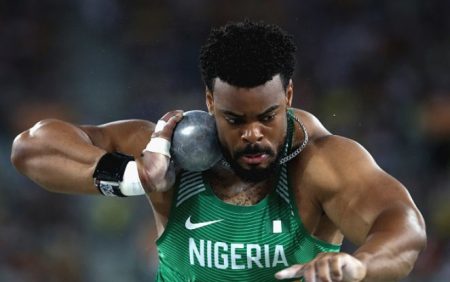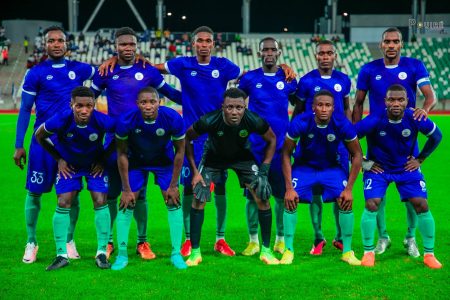Benfica’s resounding 6-0 victory over Auckland City in the Club World Cup, played in Orlando, was a story of two halves, quite literally. The first half, while ultimately ending with Benfica holding a slender 1-0 lead, was a much closer contest than the scoreline suggests. Auckland City, representing the Oceania Football Confederation, displayed commendable resilience and defensive organization, frustrating the Portuguese giants and forcing them to rely on a late penalty to break the deadlock. The second half, however, unfolded as a completely different narrative following a two-hour weather delay. Benfica emerged from the break with renewed vigor, dismantling Auckland’s defense with a flurry of goals that showcased their superior quality and attacking prowess. The final scoreline reflected a dominant performance, albeit one significantly influenced by the disruptive weather conditions.
The match began with Benfica predictably dominating possession and creating chances, but Auckland City’s goalkeeper, Nathan Garrow, proved a formidable obstacle. He produced a string of impressive saves to deny Benfica’s forwards, keeping the underdogs in the game. As the first half progressed, Benfica’s frustration grew palpable, their attacks repeatedly thwarted by resolute defending and Garrow’s shot-stopping ability. Just as it seemed Auckland City might reach halftime with a hard-earned clean sheet, a clumsy challenge by Haris Zeb on Gianluca Prestianni inside the penalty area handed Benfica a golden opportunity. Angel Di Maria, who had previously scored from the spot in Benfica’s opening 2-2 draw with Boca Juniors, stepped up and calmly converted the penalty, giving Benfica a crucial lead just before the halftime whistle.
The halftime break was extended significantly due to a severe storm that rolled over the Inter&CO Stadium. This weather disruption, unfortunately, became a recurring theme in the tournament, with several matches impacted by similar delays. When play finally resumed after a two-hour hiatus, the momentum had decisively shifted in Benfica’s favor. The break seemed to have invigorated the Portuguese side, while Auckland City appeared to have lost their defensive composure.
The second half witnessed a complete collapse of Auckland City’s resistance. Vangelis Pavlidis doubled Benfica’s lead shortly after the restart, capitalizing on a defensive lapse to bundle the ball into the net. Renato Sanches then added a third goal with a deflected shot from outside the box, further extending Benfica’s advantage and putting the game beyond Auckland’s reach. Leandro Barreiro, the Luxembourg midfielder, then entered the scoring fray, netting two quick goals to make it 5-0. Pavlidis turned provider for Barreiro’s first, delivering a pinpoint cross that the midfielder converted at the back post. Barreiro’s second came from close range, capitalizing on another defensive breakdown.
In the dying moments of the match, Di Maria sealed Benfica’s emphatic victory with his second penalty of the night. Nikko Boxall’s foul on Di Maria inside the area presented the Argentine World Cup winner with another opportunity from the spot, which he duly converted, sending Garrow the wrong way and bringing the final score to 6-0. The comprehensive victory propelled Benfica to the top of Group C, setting up a crucial encounter with Bayern Munich in their final group stage match.
The heavy defeat marked the end of Auckland City’s Club World Cup campaign. Having suffered a 10-0 thrashing at the hands of Bayern Munich in their opening match, this second loss confirmed their elimination from the tournament. Despite the lopsided scorelines, Auckland City’s players demonstrated admirable fighting spirit, particularly in the first half of the Benfica match, showcasing the passion and determination characteristic of teams representing smaller footballing nations on the global stage.
This match highlighted the contrasting fortunes of teams from different footballing landscapes. Benfica, a European powerhouse, displayed their superior technical ability and tactical organization, ultimately overpowering their opponents with a ruthless display of attacking football. Auckland City, representing a region where football faces significant developmental challenges, battled valiantly but were ultimately outclassed by their more illustrious opponents. The Club World Cup serves as a platform where these disparities are often exposed, highlighting the global inequalities within the footballing world. The tournament, however, also provides valuable experience for teams like Auckland City, offering them the opportunity to compete against the best and gain invaluable exposure to a higher level of competition.














